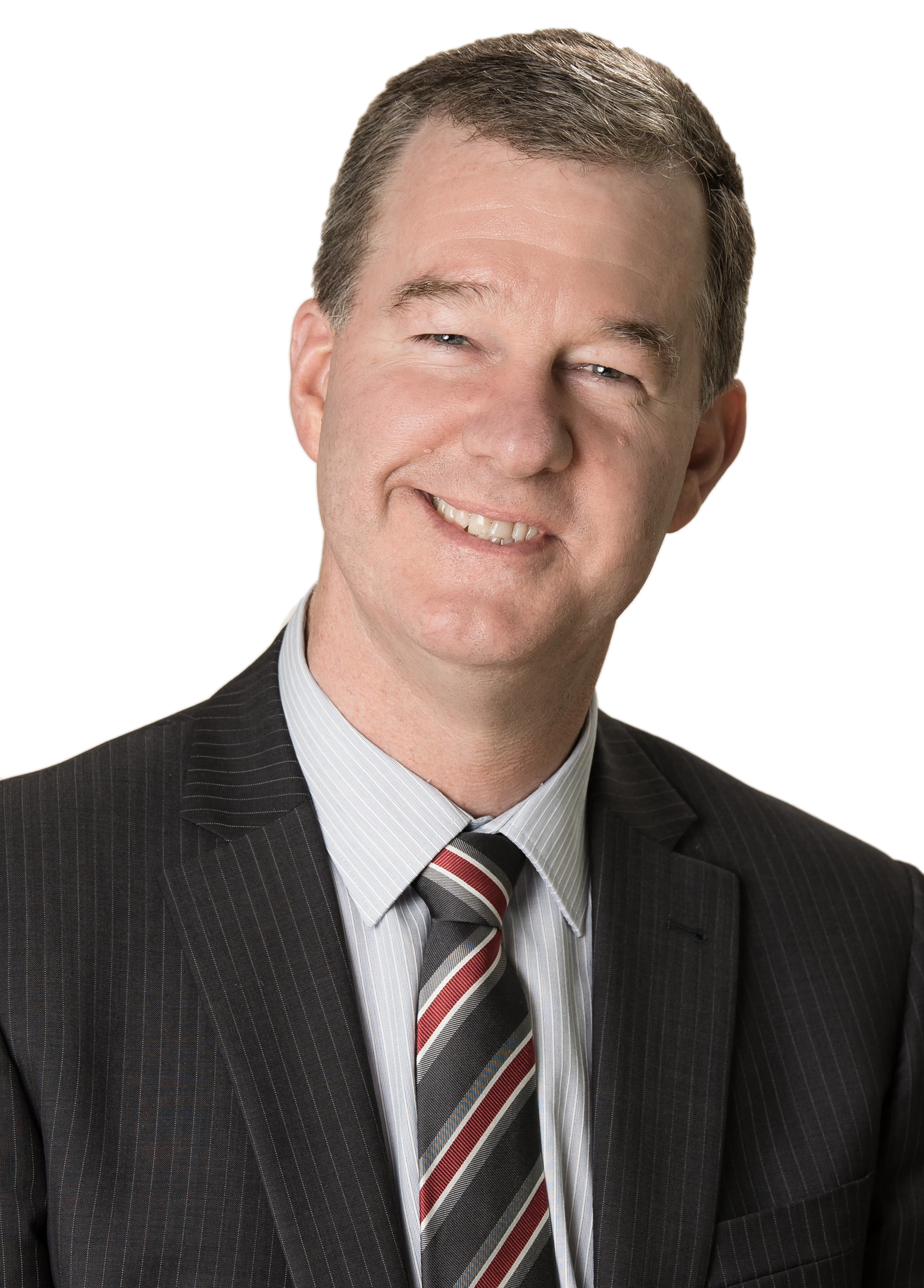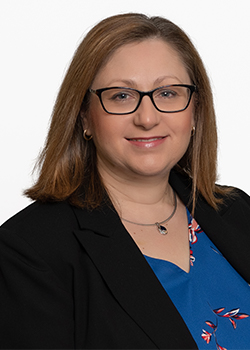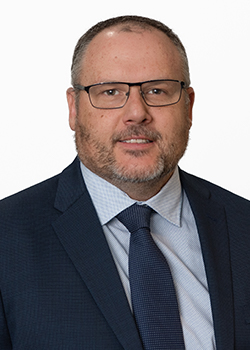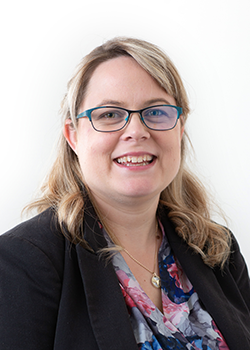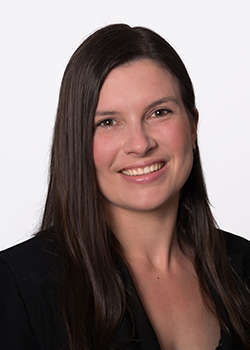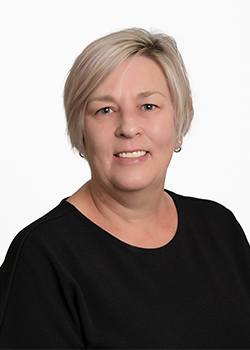Advisers warned on major timing traps with lifetime CGT cap

Speaking in a recent CFS FirstTech podcast, Colonial First State senior technical services manager Linda Bruce explained that where a small business owner sells a business asset, they may be able to qualify for small business CGT concessions to either reduce, eliminate or defer the capital gains from the CGT event.
“Where they qualify for the 15 year exemption or the retirement exemption, the client may also have the opportunity to contribute part, if not all of the sale proceeds to their super by utilising their lifetime CGT cap,” explained Ms Bruce.
Ms Bruce noted that the lifetime CGT cap is currently set at $1.65 million and is indexed on a yearly basis.
Given the complexity of the eligibility rules, Ms Bruce said it is best to get specialist tax advice from an accountant to determine eligibility.
“One of the qualifying rules is the $6 million net asset value test or the $2 million aggregated turnover test. That’s the first qualifying test and will require a tax accountant to look at the relevant financials of the individual’s business and then determine whether those conditions can be met. So its rather complex,” she said.
Once the accountant has determined the client’s eligibility to use the lifetime CGT cap and the client wants to contribute to super using that cap, Ms Bruce said it is critical that advisers understand the relevant timeframes.
In terms of the CGT lifetime cap, Ms Bruce explained that the individual client can contribute their share of the sale proceeds to super under their own lifetime CGT cap up until the time they are required to lodge their tax return for the year in which the CGT event happened.
While the tax return date for individuals doing their tax return themselves is 31 October, most clients with a business would be using a tax accountant and would therefore have a due date much later than this, she noted.
In a situation where the client doesn’t receive the sale proceeds until after the tax return due date, Ms Bruce warned that the client will only have 30 days after they receive the capital proceeds to contribute to super using the the lifetime CGT cap.
Speaking in the same podcast, Colonial First State head of technical services Craig Day explained that where an asset was owned by a company or trust and its the entity that now qualifies for the 15 year concession, there will be different rules that apply.
The rules can be quite complex, said Ms Bruce, as the entity was the owner of the CGT asset so the sale proceeds will be paid to the entity rather than the individual.
“So the first step is that the company or trust will have to push their sale proceeds out to the individual’s hand. They have two years after the CGT event to distribute the sale proceeds to the small business CGT stakeholders in accordance with their participation percentages,” said Ms Bruce.
“As soon as the entity has pushed out the sale proceeds in accordance with the participation percentages, then individual then has, from the date they receive the distribution, 30 days to make a contribution to super, in order to use the lifetime CGT cap.
Mr Day warned that there are a number of traps that can arise here for clients.
“What if, [for example] the buyer and seller made an agreement to actually pay the sale proceeds with four instalments over let’s say a five year period?” he questioned.
Ms Bruce noted that this is quite a common arrangement between buyers and sellers but it can cause issues.
“We’re not talking about an outright arrangement here which is subject to meeting some kind of performance test agreed to by both parties and then the sale goes through. An outright arrangement allows a longer period to make a distribution,” she explained.
“What we are talking about is where the sale has been completed, but the sale proceeds will be paid over a number of years.”
In this particular scenario, said Ms Bruce, where the sale proceeds are received after the two year period there may be a problem for both tax and super purposes.
“If we look at it from a tax perspective first. It’s very important for the company to make a distribution within the two year period. So it must be distributed two years from the event in order for it to be tax free or tax effective,” said Ms Bruce.
She noted that the tax law does allow the ATO to provide some leeway or flexibility in terms of the two year period for making a tax free distribution.
“However, for super law purposes, our understanding is that the entity will still have to make the distribution within the two year period,” she cautioned.
“If you miss that two year period, then its possible that your client may not be able to contribute the distribution to super using the lifetime CGT cap.”
Given the short 30 day timeframe for contributing the proceeds into super, Mr Day said its very important that advisers and clients plan ahead for these kinds of things.
“If you have a client walk and in say ‘hey I’ve just sold my small business assets and I qualify for the small business CGT rules’ but it all happened four months ago, then unfortunately, that client has lost that opportunity to get that super in under the lifetime CGT cap and is now limited to the non-concessional cap,” Mr Day cautioned.
Miranda Brownlee
22 November 2022
smsfadviser.com

